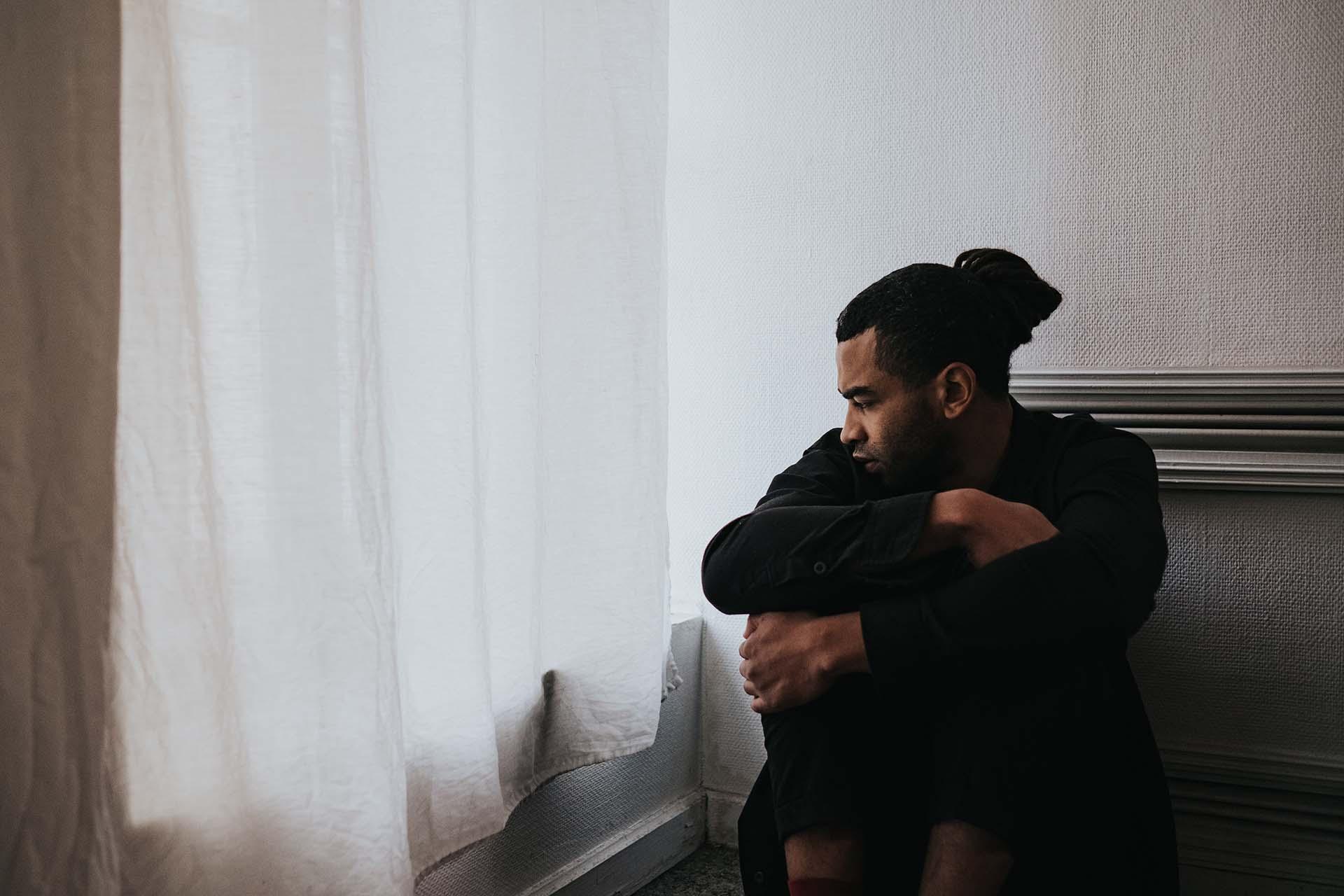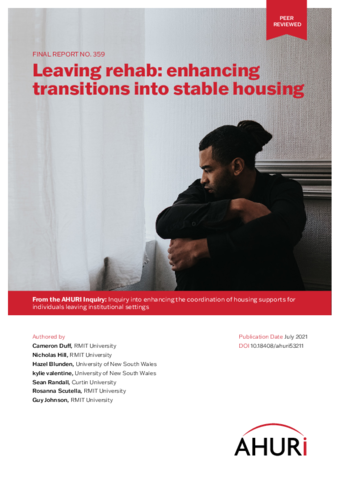From the AHURI Inquiry: Enhancing the coordination of housing supports for individuals leaving institutional settings
This research presents policy and practice recommendations for enhancing the coordination of housing, health and social care supports for individuals leaving residential treatment for mental health or substance use problems.
Being admitted to psychiatric inpatient care or enrolment in residential treatment for substance use problems typically involves a significant risk of housing insecurity. Roughly 260,250 Australians underwent a mental health-related hospital separation for one or more nights in 2017–2018, with 63.6 per cent of these admissions involving specialised psychiatric care.
In Victoria, young people aged 15–24 with a mental health issue use services at a much higher rate than the comparable population: more than 7 times the rate of hospital admissions, while 13.3 per cent accessed homelessness services, compared with 1.8 per cent of other young Victorians.
Critical access to social housing is difficult for this youth cohort. For this reason, it may be worth considering a more portable type of housing assistance for young people along the lines of a targeted ‘Housing First’ style model for youth. This model emphasises the centrality of stable housing, as a guide to enhance the coordination and integration of diverse housing, health and social care supports for individuals transitioning out of residential treatment settings.


